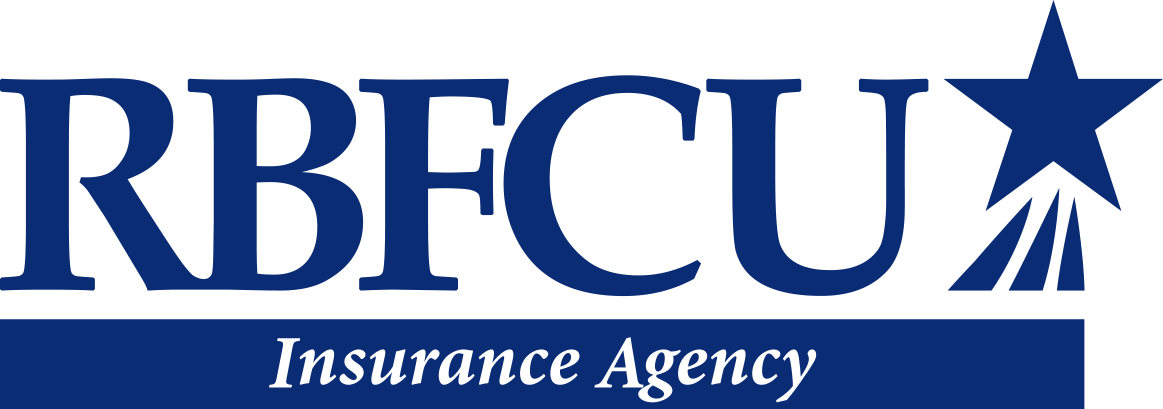6 Ways to Reduce the Risk of Having Your Homeowners Insurance Canceled
Your home is more than just a house. It’s where memories are made. But it’s also a significant investment — and one you protect through home insurance.

Homeowners insurance helps provide financial security in the face of unforeseen events such as fire, theft or accidents. But that protection is not absolute. Under certain circumstances, your insurance coverage can be canceled.
Let’s look at ways to reduce your risk of losing coverage.
Homeowners Insurance 101
There are different types of home insurance coverage.1 In Texas, homeowner policies generally insure against damage to your home itself. Policies typically cover furnishings and belongings inside the home, as well as any external structures (think detached garages, sheds, storage units on the grounds of your home) as well as fencing.
If you must relocate during home repairs, additional living expenses may be covered. Policies may also include medical expenses if someone is hurt on your property. For example, personal liability coverage can protect you if you’re sued due to an accident at home, or if you are responsible for damaging someone else’s property.
Texas law does not require you to have home insurance. But if you owe money on your home, your lender will require you to carry insurance. Beyond that, insurance is a crucial safety net that helps provide financial protection in the event of unexpected disasters or accidents. Insurance helps protect your home and other assets, so it’s a good idea to maintain coverage.
» Tip: Having your homeowners insurance canceled is different than nonrenewal.2 An insurance company may choose not to renew your policy when it expires because they no longer offer that type of insurance, or they are writing fewer policies in your area. They may also choose not to renew if there's evidence of fraudulent activity with your policy.
How to minimize your risk
While you wouldn’t expect your coverage to be suddenly canceled, it can happen. Having your homeowners insurance canceled can leave you vulnerable and exposed to potential financial challenges.
Below are some ways to lessen the chance of having your home insurance canceled.
1. Maintain your property.
One of the primary reasons insurers cancel homeowners insurance policies is poor property maintenance. Insurance is meant to repair or replace a home for unforeseen events, not damage caused by neglect. Failure to properly maintain your home not only raises the risk of claims but also decreases your property value.
Proactive maintenance can help keep your home and family safe. To maintain your home and protect your investment, practice home care3 on a regular basis. Add these steps to your home routine:
- Have your HVAC unit checked regularly. Inspect Freon hoses on outside units — and don’t forget to change your filter based on the recommendations for your unit.
- If you have gas in your home, install a carbon dioxide monitor to detect gas leaks.
- Install smoke detectors and check them regularly.
- If you’ve been in a hailstorm, have your roof inspected for damage.
- Inspect major appliances for possible damage such as frayed wires, gas leaks and water leaks.
- Look for pipe or faucet leaks inside kitchen and bathroom cabinets — and be sure to inspect for any pipe damage after a freeze, including your outside faucets.
- Check around your home’s perimeter for animal damage, which can be hard to find and cause additional problems like leaks or wiring issues if not addressed quickly.
- Check trees on your property, and keep branches trimmed to head off any falling branches that could damage your home, cars or other structures.
- Keep your gutters clear and free of debris to help avoid damage to your home’s exterior.
2. Avoid filing excessive claims.
Filing an over-abundance of claims, even unpaid ones, can cause your policy to be canceled. That might sound counterintuitive: you have insurance to help you when something happens. But from an insurance standpoint, multiple claims reflect increased risks — and increased costs for the insurer.
File claims when the situation warrants but know that an excessive number of claims can raise a red flag — even if a claim wasn’t ultimately paid.
Keep these tips in mind to avoid excess claims:
- Practice proactive home maintenance and address anything that needs repair.
- Be sure to read and understand your policy. Know what is covered — and what isn’t — to avoid filing claims for issues not covered by your policy.
- If something is damaged and the repair or replacement cost does not exceed your insurance deductible, don’t file a claim. It can be better to pay for small repairs yourself.
- If it’s normal wear-and-tear or simply time to replace something like your roof or hot water heater, it may be wise to dip into your emergency fund or home savings account versus filing a claim.
- Only file legitimate claims against your policy.
3. Make payments on time.
Like any other contractual relationship, on-time payments are key in maintaining insurance coverage. Your insurance policy can be canceled for lack of payment. Even late payments can cause an insurer to issue a notification of pending cancellation.
To ensure your policy stays current, consider setting up autopay or paying your insurance premium in full. Some companies offer a paid-in-full discount, meaning you’ll ultimately save money — and avoid any chance of missing a payment.
4. Research insurance before adopting a pet.
Adding a pet to your home might change your insurance coverage. Liability claims related to dog bites and other dog-related injuries cost insurers $1.13M4 in 2022 — Texas ranks third in the number of claims filed and the average cost per claim is $65,923.
Some insurance companies consider certain breeds or pets more dangerous and exclude them from coverage. If you’re adding a furry family member to your home, be sure that the animal is not considered dangerous. Your insurer could cancel your policy if you acquire one.
5. Lessen your risk by adding safety features.
When writing policies or assessing rate increases, insurers take your home’s location into consideration. For example, if you live where hurricanes are a threat, help secure your home and belongings by installing hurricane-safe materials, windows and flood prevention.
If you live in an area with rising crime rates, consider how you can make your home less susceptible to invasion. Installing an alarm system and cameras and adding strong fencing with locked gates can help reduce your risk — lowering the possibility of future claims.
6. Only file legitimate claims.
Accidents happen and cause damage. A storm may hit your area. Thieves may target your home. Each of those instances is a legitimate reason to file an insurance claim.
But filing false claims, or exaggerating your damage or loss, is considered homeowner fraud.5 If you intentionally misrepresent the facts when you file your claim, you are committing insurance fraud — and a crime. Not only can this kind of claim get your insurance canceled, but it also could result in criminal charges against the policy holder.
» Tip: Should your home suffer damage, work only with licensed, reputable repair companies. If the repair company offers to pay your deductible, it could be an effort to defraud your insurance company.6
The takeaway
Just as your vehicle needs regular maintenance, your home needs certain repairs and services at different intervals. Research things that can go wrong with your home as it ages and keep up with repairs. Hire licensed, reputable experts to do inspections of items within the home and review your policy annually.
Protecting your home with the right insurance is a crucial step in safeguarding your financial well-being and peace of mind. RBFCU Insurance Agency can help you learn what homeowners coverage is right for you and your family. Request an online quote today.





.jpg?sfvrsn=b6afb2a8_4)